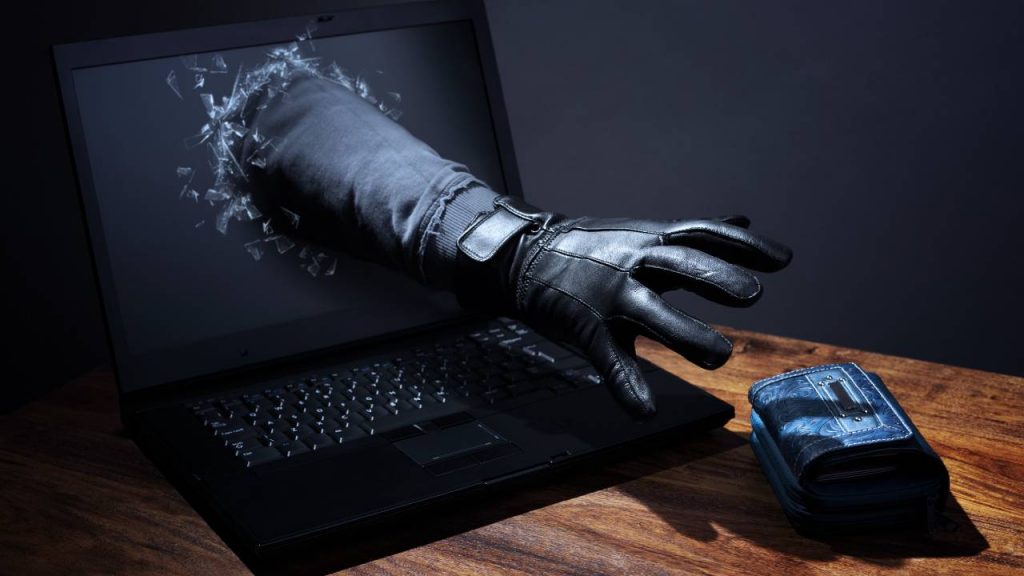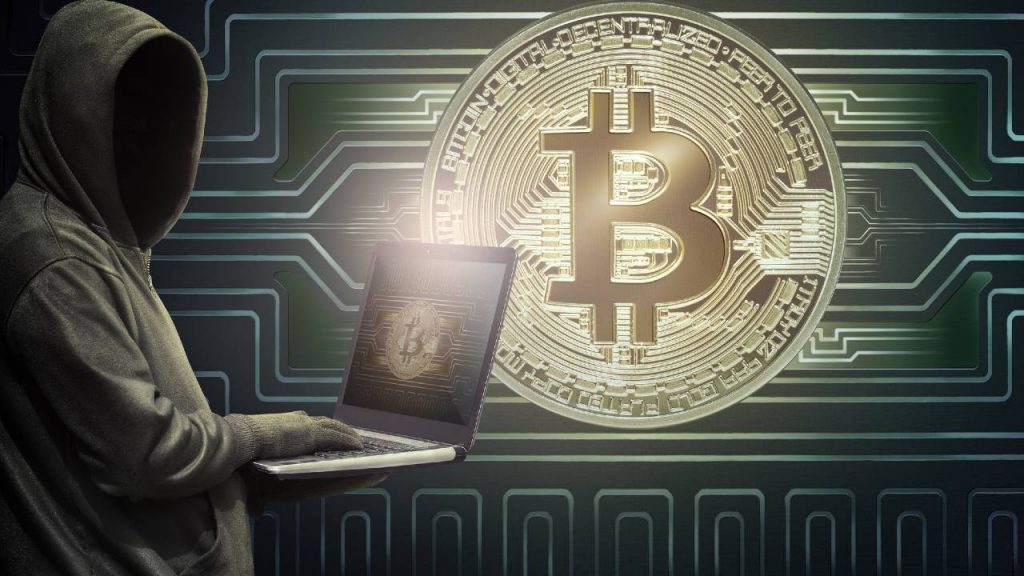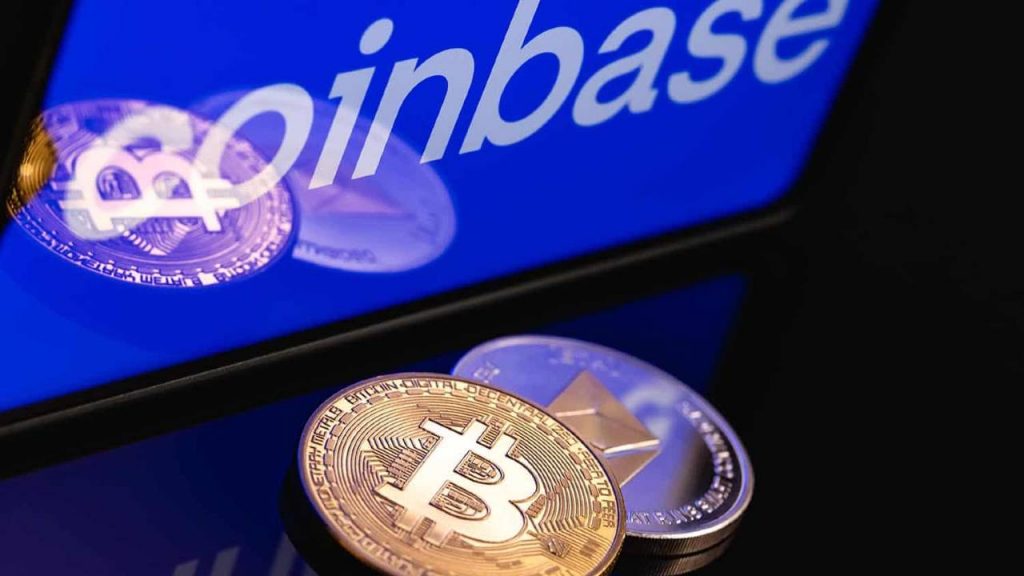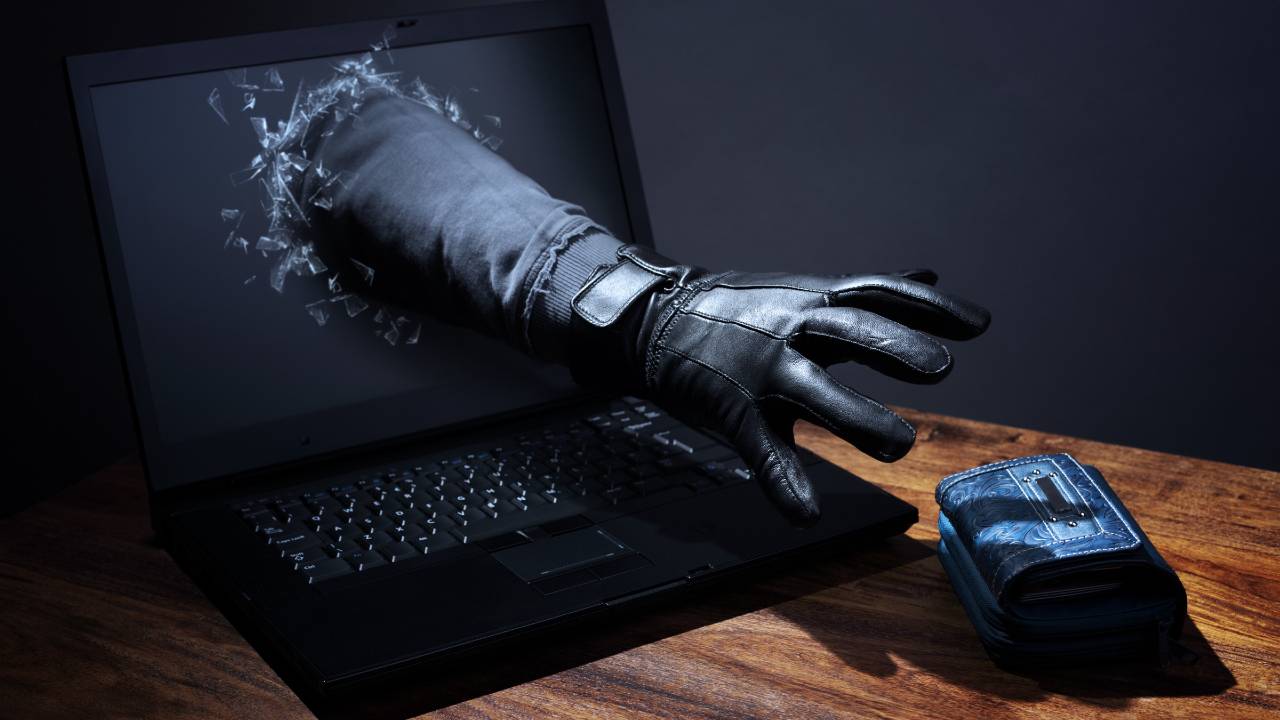Cryptocurrencies have been on the rise in recent years, and with that rise has come to a corresponding increase in hacking attempts. Hackers have found various ways to steal cryptocurrencies, including hacking into wallets and exchanges. If you are using or storing cryptocurrencies, it is important to take steps to protect your funds. So can crypto wallets be hacked? In this article, we will discuss how hackers target crypto wallets and what you can do to safeguard your assets.

How Hackers Hack Crypto Wallets, And How To Protect Yourself
Crypto hacking is on the rise as digital currencies become more popular. Here’s what you need to know about how hackers target crypto wallets and how to protect your assets.
There are a few different ways that hackers can target crypto wallets:
- Hacking into exchanges: This is perhaps the most common method of hacking, as it allows hackers to gain access to a large number of wallets at once. hacking into exchanges usually involves stealing user credentials or exploiting security vulnerabilities.
- Hacking into individual wallets: This can be done by malware or phishing attacks. Malware is often used to steal private keys, while phishing attacks trick users into giving up their log in information.
- Hacking into seed generators: These are online tools that generate the seed phrase used to initialize a wallet. If a hacker can gain access to a seed generator, they can generate seeds for themselves and use them to steal funds.

Hacker Techniques Used To Access Crypto Wallets
Phishing Attacks
Phishing is a type of social engineering attack in which the attacker attempts to trick the user into giving up their log in information. Phishing attacks can take many forms, but they all involve some form of communication that appears to be from a trusted source. For example, an attacker may send an email that appears to be from your exchange or wallet provider, asking you to click a link and enter your login information. Or, an attacker may create a fake website that looks like your exchange or wallet provider and tricks you into entering your login information on the site.
Once the attacker has your login information, they can access your account and steal your funds. To protect yourself from phishing attacks, never click on links or enter your login information on websites that you are not 100% sure are legitimate. If you receive an email from your exchange or wallet provider, always login to their website directly and check if the email is real. And, be sure to use a strong, unique password for each of your online accounts.
Fake Hardware Wallets
A hardware wallet is a physical device that stores your private keys and can be used to sign transactions. Hardware wallets are considered to be one of the most secure ways to store cryptocurrencies, as they are not connected to the internet and are therefore less susceptible to hacking attacks. However, there have been cases of fake hardware wallets being sold online.
Fake hardware wallets are usually sold for a significantly lower price than the real thing, so be sure to do your research before buying one. Only buy hardware wallets from trusted manufacturers, and be sure to check reviews before making a purchase.
When using a hardware wallet, always verify that the device is genuine before entering your private keys. Most hardware wallets have aSms 2fa Verification Exploits
SMS two-factor authentication (SMS-based two-factor authentication) is a security feature that is used to protect online accounts. With SMS-based two-factor authentication, the user is sent a one-time password (OTP) via text message whenever they try to log in. The OTP can only be used once, and it expires after a certain amount of time.
Even if you have two-factor authentication enabled, your account can still be hacked if the attacker can intercept your OTP. This can be done by either hacking into your phone or by using a fake SIM card. Once the attacker has access to your OTP, they can use it to log in to your account and steal your funds.
To protect yourself from SMS-based two-factor authentication exploits, use an authenticator app instead of SMS whenever possible. Authenticator apps generate OTPs that are much harder to intercept than text messages. If you must use SMS-based two-factor authentication, be sure to use a strong, unique password for your account.

Malware
Malware is a type of software that is designed to damage or disable computers. Malware can be used to steal login information, intercept OTPs, and even hijack transaction requests.
In most cases, malware is installed on the victim’s computer without their knowledge. Once installed, the malware can be used to carry out any number of attacks. For example, the malware may log keystrokes to steal login information, or it may redirect transaction requests to a different address.
To protect yourself from malware, install a reputable antivirus program on your computer and keep it up to date. Be sure to scan any new files before opening them, and never download files from untrustworthy sources. If you think your computer may be infected with malware, run a full system scan and remove any malicious files that are found.
Mobile Applications
Mobile applications are a convenient way to access your cryptocurrency wallet on the go. However, mobile apps can be vulnerable to hacking attacks. In some cases, fake versions of popular wallets have been created and distributed through app stores. These fake wallets are designed to steal your login information and private keys.
To protect yourself from fake mobile applications, only download apps from trusted sources. Be sure to check reviews before installing any new app, and be sure the app is from a reputable developer. When entering your login information, always double-check that you are on a legitimate website or app.

Stealing Secret Keys
In some cases, hackers have been able to steal the secret keys that are used to access cryptocurrency wallets. Secret keys are usually stored on the computer of the person who owns the wallet. If a hacker can gain access to this computer, they can easily steal the secret keys and use them to log in to the wallet.
To protect your secret keys from being stolen, never store them on your computer. Instead, write them down on a piece of paper or store them in a secure location. Be sure to keep this information safe and away from prying eyes.
Safeguarding Your Crypto Wallet
Use A Non-custodial Wallet
A non-custodial wallet is a type of cryptocurrency wallet that does not require you to entrust your private keys to a third party. Non-custodial wallets are often considered to be more secure than custodial wallets, as they allow you to retain control of your private keys.
There are many different types of non-custodial wallets available, so be sure to choose one that meets your needs. Be sure to research any wallet before using it, and only use wallets from reputable developers.
Avoid Unregulated Exchanges
Unregulated exchanges are online platforms that allow you to buy and sell cryptocurrencies. These exchanges are not subject to the same laws and regulations as traditional financial institutions. As a result, they can be more vulnerable to hacking attacks.
If you decide to use an unregulated exchange, be sure to choose one that has a good reputation. Be sure to research the exchange before using it, and only use exchanges that offer two-factor authentication.

Avoid Reusing Email And Crypto Account Passwords
One of the most common mistakes that people make is reusing passwords for different accounts. If a hacker gains access to one of your accounts, they will then have access to all of your accounts that use the same password.
To protect your accounts from being hacked, never reuse passwords. Be sure to use a different password for each account, and make sure that these passwords are long and complex.
You should also avoid using the same email address for multiple accounts. If a hacker gains access to your email account, they will then have access to all of the accounts that are associated with it.
Bitcoin And Security
The Bitcoin network is designed to be secure. However, there have been some cases of hacking attacks on Bitcoin exchanges. These attacks have resulted in the loss of millions of dollars worth of Bitcoin.
To protect your Bitcoins from being stolen, never store them on an exchange. Be sure to store them in a safe and secure wallet, such as a
Buy A Hard Wallet
A hardware wallet is a type of cryptocurrency wallet that stores your private keys on a physical device. Hardware wallets are often considered. There you can read our article about cold and hot wallets.
Non-custodial Vs Custodial Wallets
There are two main types of cryptocurrency wallets: custodial and non-custodial.
Custodial wallets are those that require you to entrust your private keys to a third party. Non-custodial wallets are those that allow you to retain control of your private keys.
Non-custodial wallets are often considered to be more secure than custodial wallets, as they allow you to retain control of your private keys.
There are many different types of non-custodial wallets available, so be sure to choose one that meets your needs. Be sure to research any wallet before using it, and only use wallets from reputable developers.

Recent Cases of Hacking
In December of 2017, the world’s largest cryptocurrency exchange, Coinbase, was hacked. The hackers were able to gain access to Coinbase’s internal systems and steal over $50 million worth of Bitcoin.
In January of 2018, another cryptocurrency exchange called Coincheck was hacked. This attack resulted in the loss of over $500 million worth of NEM tokens.
In July of 2018, the popular cryptocurrency wallet, Breadwallet, was hacked. The hackers were able to gain access to users’ private keys and steal over $200,000 worth of Bitcoin.
These attacks highlight the importance of choosing a reputable and well-protected wallet.
As you can see, there have been many hacking attacks on cryptocurrency exchanges and wallets. These attacks have resulted in the loss of millions of dollars worth of cryptocurrency.

There you can find more info about Can Crypto Wallets Be Hacked.
Questions About Can Crypto Wallets Be Hacked
Is a crypto wallet is safe?
The short answer is no. There are many cases of hacking crypto wallets, and the methods used to hack them are becoming more sophisticated. In this blog post, we’ve taken a look at some of the most common methods used to hack crypto wallets, as well as some tips on how to protect your funds.
What happens if a crypto wallet is hacked?
If a crypto wallet is hacked, the attacker will gain access to the private keys that are stored in the wallet. This means that they will be able to spend the funds that are associated with those keys. In some cases, the attacker may also be able to change the addresses that the funds are sent to, meaning that they can redirect them to their wallet.
Can crypto be stolen from your wallet?
Yes, crypto can be stolen from your wallet if it is hacked. However, there were some steps that you can take to protect your funds.
What is the safest crypto wallet?
There is no such thing as a “safe” crypto wallet, as all wallets are susceptible to hacking. However, some wallets are more secure than others. For example, hardware wallets are generally considered to be more secure than software wallets, as they are offline and not connected to the internet.
Can police trace bitcoin?
Yes, police can trace bitcoin. Bitcoin is a public ledger, meaning that all transactions are recorded on the blockchain. This means that law enforcement agencies can track the movement of funds and identify the owners of wallets.
What should I do if my wallet is hacked?
If your wallet is hacked, you should contact your local law enforcement agency and report the incident. You should also contact the wallet provider and let them know what has happened. They may be able to help you recover your funds.
Can Coinbase wallet be hacked?
Yes, the Coinbase wallet can be hacked. Coinbase has been the victim of hacking in the past. In 2016, a hacker gained access to Coinbase’s internal systems and stole $75 million worth of bitcoin. However, Coinbase has since implemented new security measures to prevent this from happening again.
Will Coinbase refund if hacked?
Yes, Coinbase will refund your funds if your wallet is hacked. However, you will need to provide Coinbase with proof of the hacking, such as a police report or transaction history showing that the funds were sent to an address that you did not approve.
Should I keep my crypto in a wallet?
It is up to you whether or not you keep your crypto in a wallet. If you do decide to keep your crypto in a wallet, you should choose a secure wallet that is appropriate for the type of crypto that you are holding. For example, if you are holding bitcoin, you should choose a Bitcoin-compatible wallet.
Can cold wallets be hacked?
Yes, cold wallets can be hacked. However, it is much more difficult to hack a cold wallet than a hot wallet, as the private keys are stored offline and are not accessible to hackers.
Has blockchain been hacked?
Yes, blockchain has been hacked. In 2014, hackers exploited a flaw in the blockchain to steal $40 million worth of bitcoin from Mt. Gox, one of the largest cryptocurrency exchanges at the time. However, the blockchain itself was not hacked. The hack occurred on Mt. Gox’s systems and allowed the attackers to gain access to user accounts and steal their bitcoin.
What is the most secure way to store cryptocurrency?
The most secure way to store cryptocurrency is offline in a cold wallet. Cold wallets are not connected to the internet and are therefore much more difficult to hack. However, you should still take care when choosing a cold wallet, as there have been cases of hacking where the attackers have gained physical access to the cold wallet.










